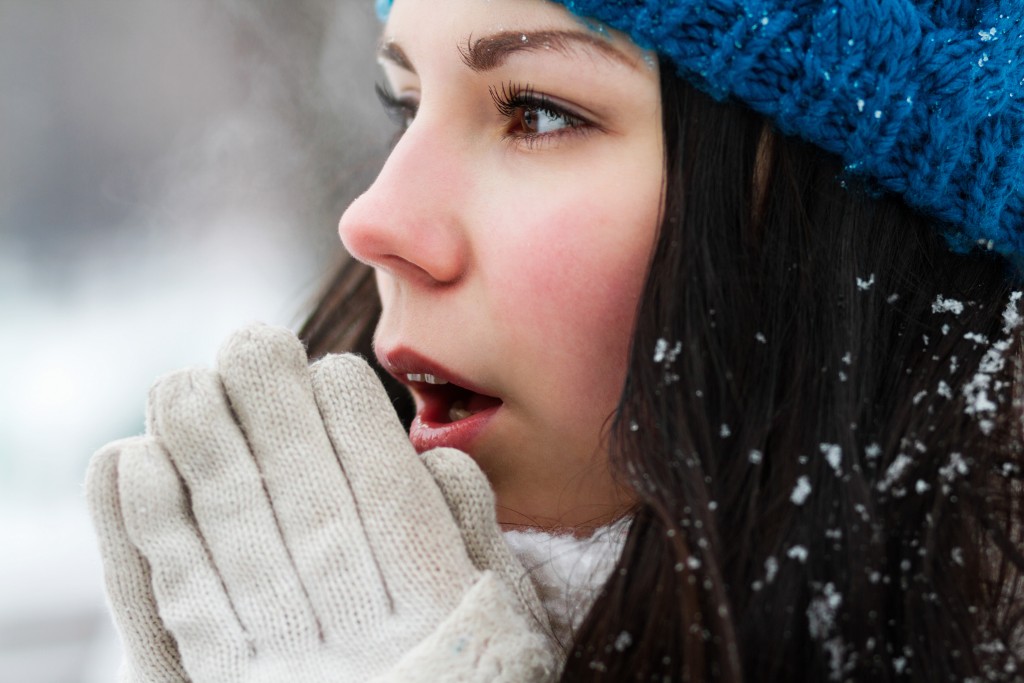As the season changes, our moods also change. We often feel happier during summertime and a bit sadder during winter. But if you are feeling extra gloomy whenever winter hits and you’re exhibiting certain behaviors during winter alone, you could already be experiencing Seasonal Affective Disorder or SAD.
Defining Seasonal Affective Disorder
Many experts call SAD winter depression or seasonal depression. According to studies, about five percent of adults in the U.S. have seasonal affective disorder. This is usually more common in women and can last up to 40% of the year.
People with SAD exhibit symptoms like:
- Weight gain
- Decrease in energy
- Excessive sleepiness
- Difficulty staying awake and waking up in the morning
- Significant irritability or sadness that lasts for more than two weeks
- Increased social isolation
Although uncommon, young kids can also have SAD. It usually starts around 20 years old. This is not something you should take for granted as SAD can take a toll on your daily living, relationship with others, and sense of self-worth.
What Causes Seasonal Affective Disorder
There is no known exact cause for SAD. But many health experts associate SAD with the decrease of sunlight during winter.
Unlike in summer, there is less sunlight during the winter season. Remember that sunlight plays a huge role in our biological clock. This causes a disturbance in how our brain develops serotonin and melatonin that play a huge role in our mood and sleep.
Serotonin is a hormone that stabilizes one’s mood, happiness, and overall well-being. It also helps with our eating, digestion, and sleeping. During winter, serotonin levels are reduced, which adversely affects one’s memory, appetite, sleep, and even sexual desire.
As for melatonin, this is the hormone produced by the brain in response to darkness. This helps time our sleep and our circadian rhythm. Too much melatonin leaves you feeling sleepy and groggy.
SAD During the Pandemic

If you have been experiencing SAD for quite some time now, life during the pandemic will make it even harder to deal with seasonal affective disorder. The extended nights, shorter days, plus the uncertainty the crisis brings are enough to heighten anyone’s depressive tendencies. It pays to consult with a professional and stay proactive with self-care to fight SAD mid-pandemic.
Dealing With Seasonal Affective Disorder
Medical experts can’t stress enough how important it is to find the necessary support when you’re feeling depressed during these trying times. There are many effective treatments you can try to cure your SAD. Some of these are antidepressants, light therapy, and psychotherapy.
Aside from these, it is crucial that you go out more and do things you love doing during winter. Staying active outdoors is one good way to increase your melatonin levels and expose yourself to as much sunlight as possible. There are lots of winter activities you can safely do while social distancing like skiing and snowboarding.
When out skiing, never take your safety for granted. Invest in the right gear like a Giro MIPS helmet for skiing. This will give you better peace of mind knowing you are better protected and reduce your anxiety while going down the slopes.
Eat healthy foods and on time. Avoid indulging in your favorite comfort foods as these are usually unhealthy. You can take a Vitamin D supplement and try to cook more home-cooked foods to ensure you are eating well during winter.
Don’t forget that social support can also help you better deal with SAD. You may not be able to go out more often with your family and friends. But there are other ways you can connect and feel their support instead of trying to isolate yourself from everyone.
Use chat, text, calls, and video chats to connect with your loved ones during winter. Host virtual meetings if you are now working remotely. Reach out to long-distance family and friends and nurture your relationships instead of nurturing your loneliness on your own.
You will also benefit from having a daily routine you can follow. A routine is a great way to give your day more structure. Knowing what to expect next can help ease your worries, help with your boredom, and take your mind off of the things that make you feel anxious and sad.
The pandemic may have worsened your SAD symptoms. But that does not mean you should already give up and allow your depression to take over. Choose to do otherwise and start fighting your symptoms. Don’t ignore the signs and don’t hesitate to seek professional help. If you can beat regular winter blues, then there’s no reason for you to let SAD ruin your every winter.
